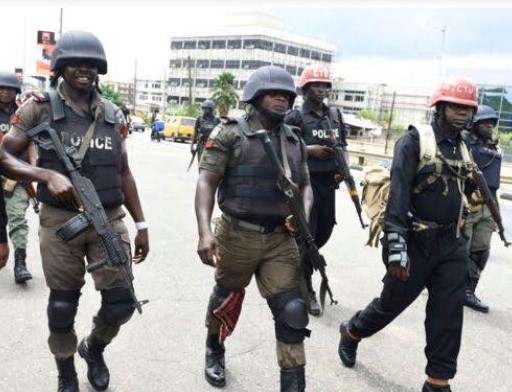Nigeria’s Inspector General of police Mohammad Adamu has established a new Special Weapons And Tactics (SWAT) squad to “fill the gaps” left by
Nigeria’s Inspector General of police Mohammad Adamu has established a new Special Weapons And Tactics (SWAT) squad to “fill the gaps” left by the notorious police unit Federal Special Anti-robbery squad (FSARS). While all personnel of the disbanded SARS to report at force headquarters in Abuja for debriefing, psychological and medical examination. The officers are expected to undergo this process as a prelude to further training and reorientation before being redeployed into mainstream policing duties.
But unsatisfied with this, Nigerians are also calling for an end to to the supposedly new squad with the hashtag, #EndSWAT.
Unknown to many, the Special Weapons And Tactics (SWAT) squad has always been in existence and wasn’t just newly created.
Here are a few things you need to know about Nigeria’s own version of American SWAT
2. The squad uses specialized or military equipment and tactics.
3. It was first created in the 1960s to handle riot control or violent confrontation with criminals and later increased during the war on drugs.
4. SWAT teams are increasingly equipped with military-type hardware and trained to deploy against threats of terrorism, crowd control, hostage-taking, and in situations beyond the capabilities of ordinary law enforcement.
5. SWAT units are often equipped with automatic and specialised firearms and specialised equipment such as submachine guns, assault rifles, riot control agents among others.
6. SWAT units are always called upon to intervene in uncommonly high-risk events such as hostage rescue, counter-terror operations, hazardous engagement, and fugitive tracking.
7. SWAT units are special agents selected from volunteers within their respective Field Offices and undergo unique and rigorous training.
8. SWAT operations are not for the weak or faint-hearted; all unit members must be tactically and technically proficient, well beyond more common law enforcement standards and response.
